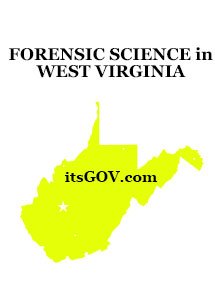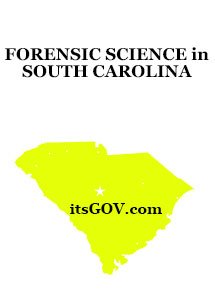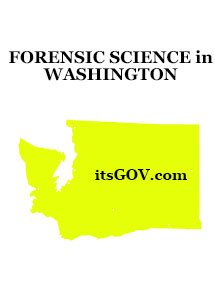
Forensic Science
Forensic science combines science and investigation in order to aid and support the prosecution or defense in criminal and civil investigations. While the profession has been widely romanticized by various TV shows, make no mistake – this job is most likely different that you expect. In contrast with popular perception, this is a highly scientific role, which often involves detailed, painstaking work. Field duties are limited to a few areas of expertise, and most often than not a forensic scientist will spend his time in the lab.
If you made it this far, though, congratulations! You’re taking the first steps in joining a very rewarding profession and itsGOV is here to guide you through what you need to know and what you need to do to join a forensic science program in Washington.
Depending on the type of forensic science practiced, different degrees and educational backgrounds may help a candidate get a job and excel in this field. Regarding formal education, requirements vary across jobs, but you should definitely have a solid background in mathematics, biology and chemistry.
The National Institute of Justice, a division of the U.S. Department of Justice, offers guidelines for model undergraduate and graduate forensic science degree programs. According to the American Academy of Forensic Science, strong programs should offer a curriculum that concentrates on scientific writing, laboratory skills, public speaking, and computer software application training.
Forensic Science Requirements in Washington
There are currently approximately 200 forensic scientists employed in Washington State. The vast majority of them (roughly 130) work for Washington State Patrol Forensic Laboratory Services. The others are employed by various analytical, medical and diagnostic laboratories. The job outlook for forensic scientists in Washington is good, with an expected 24 percent growth in jobs by 2018.
There are four job classifications for forensic scientists in Washington: forensic scientist I, II, III and IV.
The following requirements are the same for all four levels:
- Education – Bachelor of Science degree in forensic science or a natural science; must include a minimum of 20 semester or 30 quarter hours of chemistry and five semester or eight quarter hours of physics.
- Complete a Personal Background Evaluation Form.
- Undergo a thorough background investigation.
- Take a polygraph test.
- Possess a valid driver’s license; present certified copy of driving record.
- Have no felony convictions.
- Have no misdemeanor convictions involving controlled substances, theft, moral turpitude, fraud, larceny or crimes of violence.
The “experience” requirement differs with job classification as follows:
- FS I – One year full-time paid work in a crime, research or analytical lab OR one year graduate study in forensic science or a natural science.
- FS II – Two years full-time paid employment in an analytical, crime or research lab, one year of which must have been analyzing physical evidence and testifying as an expert in a court of law.
- FS III – Two years working as a FSII OR three years full-time experience in a forensic science lab which included testifying in court.
- FS IV – Two years working as a FSIII OR five years experience in a forensic science lab which included testifying in court.
A list of open positions with Washington State Patrol Forensic Laboratory Services, as well application instructions, is available online at the lab’s website. Call the Human Resources Department at 360-704-2300 for additional information about employment with the State of Washington.
The State of Washington has three schools with degree programs in forensic science from which approximately 13 students graduate each year.
Forensic Science Training in Washington
The Washington State Patrol Forensic Laboratory provides a wide range of services to city, county and state criminal justice agencies, law enforcement officers, medical examiners and coroners. The crime lab division is headquartered in Seattle, with adjunct labs in Olympia, Tacoma, Spokane, Vancouver, Kennewick and Marysville. The duties of the forensic scientists who work in these labs vary with their job classification; however, they all identify evidence and often link evidence to a specific person or crime scene. All of the labs have received accreditation from the American Society of Crime Lab Director’s Accreditation Bureau.
Services provided by the State Patrol Forensic Laboratory Division include:
- Forensic Toxicology – Includes the breath/alcohol analysis and drug evaluation/classification programs
- DNA Analysis – Develops DNA profiles from bodily fluids like blood, semen, saliva, sweat, etc.
- CODIS – The national DNA database program is located in Seattle where technicians attempt to match DNA from a crime scene to the database which, as of 2010, contained over 8.7 million offender profiles and over 330,000 profiles from crime scenes. It is constantly growing.
- Firearms/Toolmarks – Examines and compares firearms, ammunition components and gunshot residues; determines shooting distances.
- Microanalysis – Examines and compares trace evidence like hair, fiber, paint, glass, explosion residue and impressions. Analyzes blood stain patterns.
- Chemistry – Identifies controlled substances, pharmaceuticals, poisons, clandestine drug operation materials and ignitable liquids in fire residue.
- Latent Fingerprint Analysis – Examines and identifies latent fingerprints. The central latent print lab is in Olympia.
- Questioned Documents Program – Examines and compares handwriting, printing, paper, inks and altered documents.
Washington State Patrol Forensic Laboratory scientists also provide training to law enforcement officers in subjects such as:
- Arson investigation
- Controlled substances
- Document investigation
- Latent fingerprint processing
- Sexual assault evidence
Forensic Science Salary in Washington
The District of Columbia is one of the powerhouses of forensic science employment in the country. According to the Bureau of Labor Statistics (BLS), the average 2012 annual salary for forensic science technicians in DC is higher than all of the U.S. states. It was $73,010 with experienced professionals averaging $106,300.
Washington, DC also has a high concentration of forensic science jobs based on its population. It has more jobs per employee than all of the states in the country. One out of every 2,500 employees in the district is a forensic scientist.
In DC, this occupation is considered as having one of the highest growth rates. The DC’s Department of Employment Services projects forensic science technician jobs to increase 3.77% from 2006 to 2016.
The Washington, DC metropolitan area, including DC and parts of Maryland, Virginia, and West Virginia had the fifth highest rate of pay of any metropolitan area in the country. The average salary in 2012 was $74,500 while experienced professionals made $112,230 a year. In 2013, a forensic toxicologist for the Office of the Chief Medical Examiner in DC made from $52,024 to $67,081 a year.
A significant number of forensic scientists specialize in investigating crime scenes. It is vital for investigations to have experienced professionals documenting the scene of the crime and collecting physical evidence for further analysis.
There are a number of different types of positions for crime scene investigators (CSIs). In some cases, highly trained detectives specialize in forensic analysis and work a crime from the crime scene to the court. In other cases, law enforcement agencies hire civilian employees as crime scene technicians or criminalists.
DC is unusual in having an independent Department of Forensic Sciences (DFS). It was the first independent forensic agency created since the publication of a 2009 report from the National Academy of Sciences. This report emphasized the need for forensic science agencies to operate independently from law enforcement. Crime scene supervisors for the DFS made from $91,201 to $127,682 a year in 2013.
Forensic Science Schools and Colleges in Washington
Bachelor’s Degree Programs in Washington
| University |
Columbia Basin College, Forensic Science B.S. |
| Duration |
4 years |
| Type |
Full time, Part time |
| Tuition and fees |
$21,696 per year |
| Program link |
|
Master’s Degree Programs in Washington
There are currently no master’s degrees offered in Washington.
 Image: AgileLaw
Image: AgileLaw Image: Lab Systems
Image: Lab Systems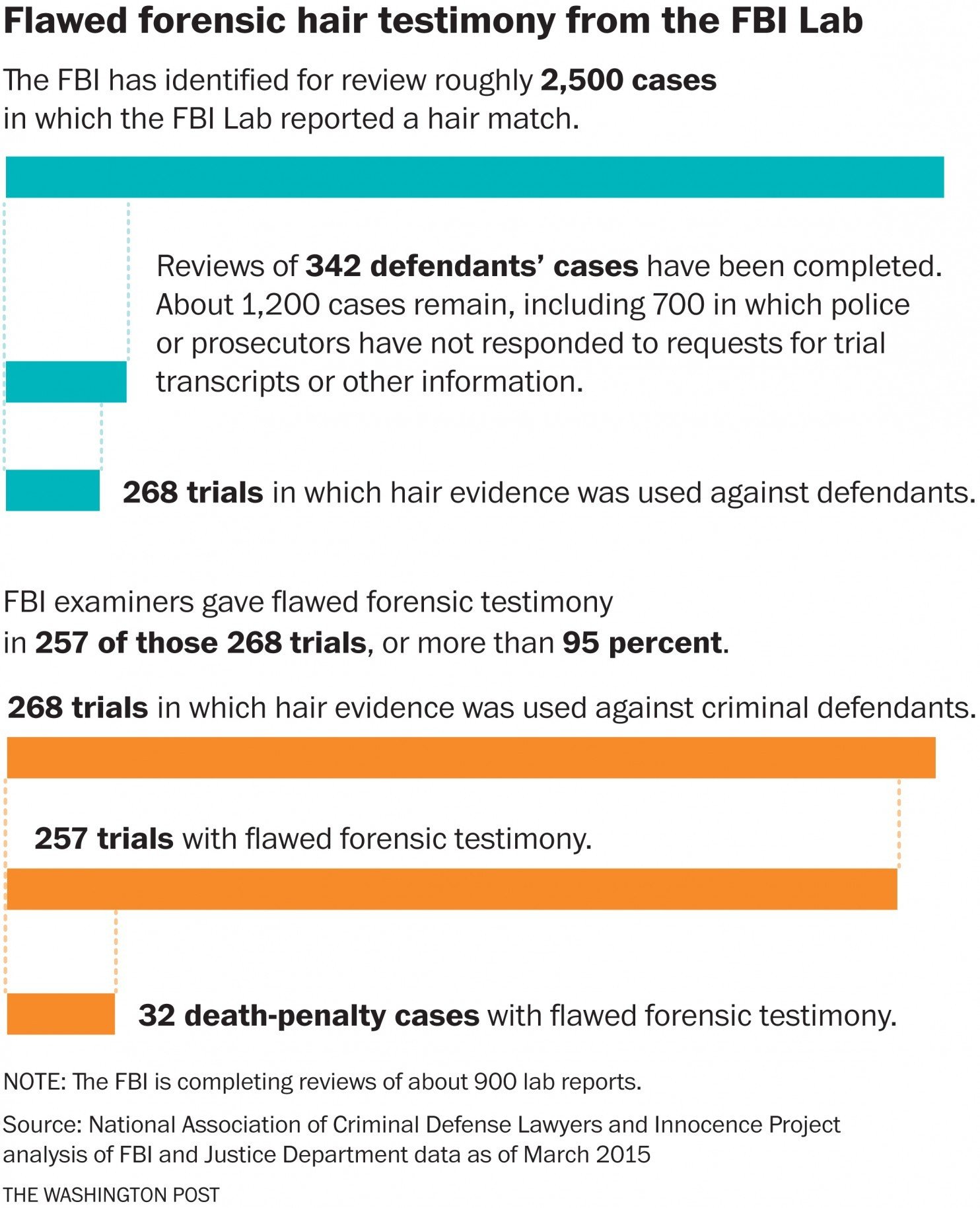
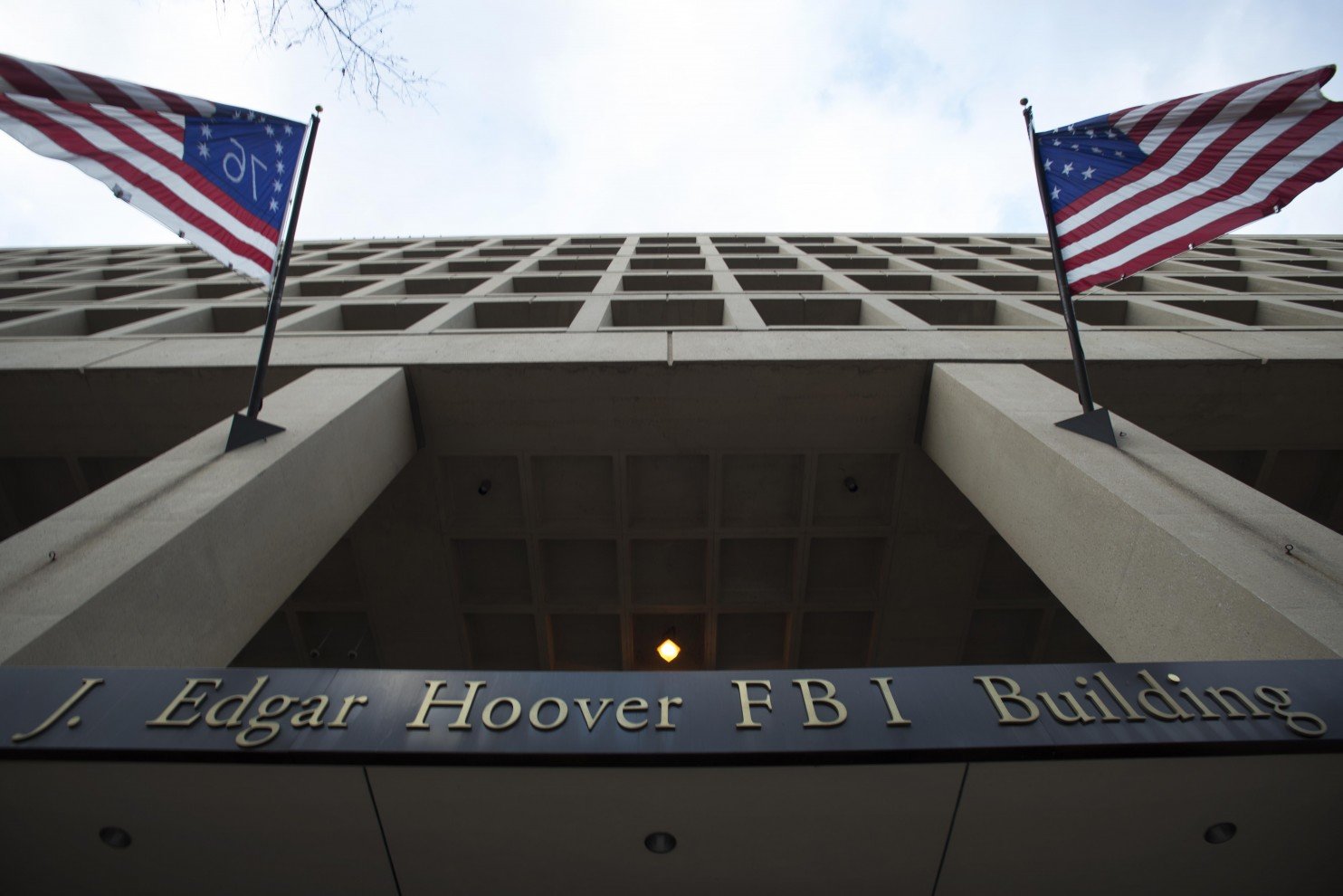 BI headquarters in Washington. (Bonnie Jo Mount/The Washington Post)
BI headquarters in Washington. (Bonnie Jo Mount/The Washington Post)